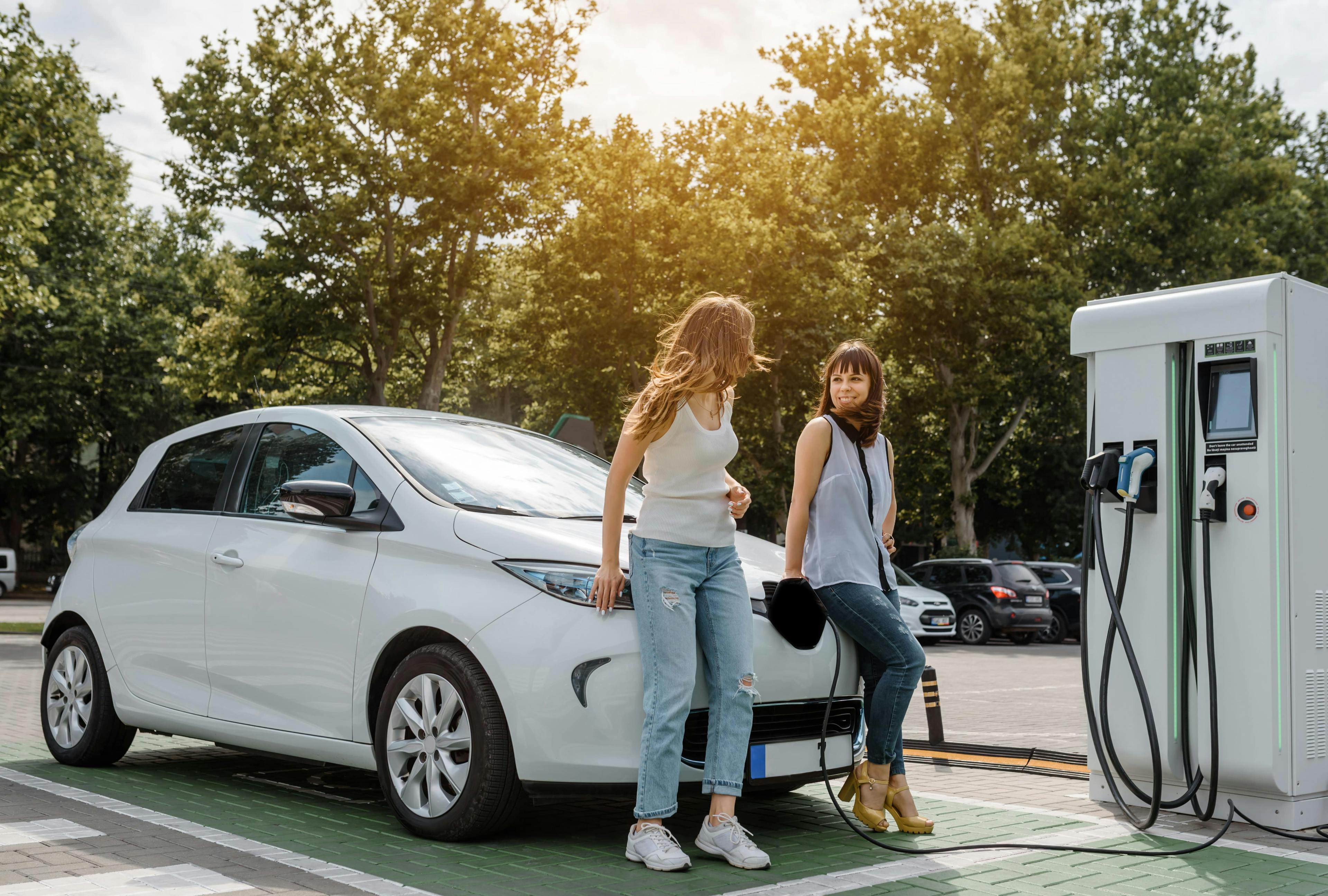
Why Won’t My EV Start?
Find out some of the reasons to why your EV won't start.
Have you ever climbed into your car, ready to go to work, and it simply will not start? Unfortunately, it is a problem that many of us have encountered before. Electric cars are not immune to not starting, and knowing why will help you fix the problem.
Here are some of the possible reasons your EV won’t start.
The Battery Needs Charging
This one seems obvious, but it can be easy to forget if you’re a busy person. Ensure that they battery is charged between 20% and 80% before you set off anywhere, scheduling in charging breaks if you are set off on a long journey.
Also ensure that you have healthy charging habits. Leaving your car on charge for too long can damage the battery’s health and cause you to need a replacement much sooner than its expected lifespan.
There's a Loose Battery Terminal
If you have recently taken your EV for a service, it could be possible that the mechanic has not reconnected the battery properly - if it was connected loosely, the movement from using the car may have caused it to become loose.
Check the terminals and ensure everything is properly screwed in. Always be sure to have the car completely switched off before you touch the battery.
Alternatively, the terminals may have become sulphated. This happens when moisture finds its way inside the battery and causes a green and white residue between the terminal and the connector.
It can be cleaned with water and baking soda - again, very carefully, and while the car is switched off. If you are concerned, take the car to a garage.
It Needs a Software Update
Your car may have attempted to do a software update but ran out of battery before it could complete the update. To prevent this from happening you can adjust your settings so that the car will not update without your permission, so you can ensure that you always have enough charge to do so.
Software updates are essential to your car’s performance. It is important that you keep up to date with them.
It May Be Too Hot or Too Cold
Like ICE vehicles, the temperature can have an impact on your car’s battery. If you live somewhere that has bitterly cold winters, it may be that your charge port switch is frozen, which will prevent the car from starting. If you believe this is the case, you can carefully heat the switch with a hairdryer to melt the ice that has accumulated around the switch.
Your converter and inverter unit gets very hot, which is why they are fitted with their own ventilation systems. However, if it is particularly hot outside, or you have been driving the car from a long period of time, the unit may cease to work. Similarly, if the cooling system accumulates dust and debris it will overheat as a result.
If you worry your converter unit has overheated, you should take it to an EV qualified garage to have it looked at.
Your Motor Has Corroded
Corrosion is the deterioration of materials caused by a chemical reaction. Since your EV’s motor is located close to the wheel, road salt and excessive water may find their way into the motor, causing it to corrode and stop your EV from starting.
If you live somewhere which is cold and road salt is used often, this may be the cause to your problem, especially if there is lots of moisture in the air. Corrosion will damage your EV in numerous ways and can lead to short circuits, so it is important to have a mechanic check to see if there is any rust or damage to your motor.
The Key Fob is Dead
Many electric cars are keyless, which means they use a smartphone app or a key fob to unlock. It may be as simple as the battery in your key fob needs replacing – a local auto electrician will be able to do this for you.
Your 12 Volt Battery is Dead
12-volt batteries in EV’s often get overlooked due to the electric car battery. But if your 12-volt battery dies, you will not be able to start the car – it is responsible for turning the car on, as well as power certain electrical systems and accessories inside the vehicle.
It may be that you need to have this battery replaced in order to get your EV back on the road. Always check this battery before heading straight for a new lithium-ion battery - they’re much cheaper!
It is best to have any issue with your EV checked out by booking a repair with a professional, EV qualified technician.
You can compare EV friendly garages in your local area with BookMyGarage. You can sort by price, distance, reviews and availability to find the garage which suits your needs the best.
Book online today!